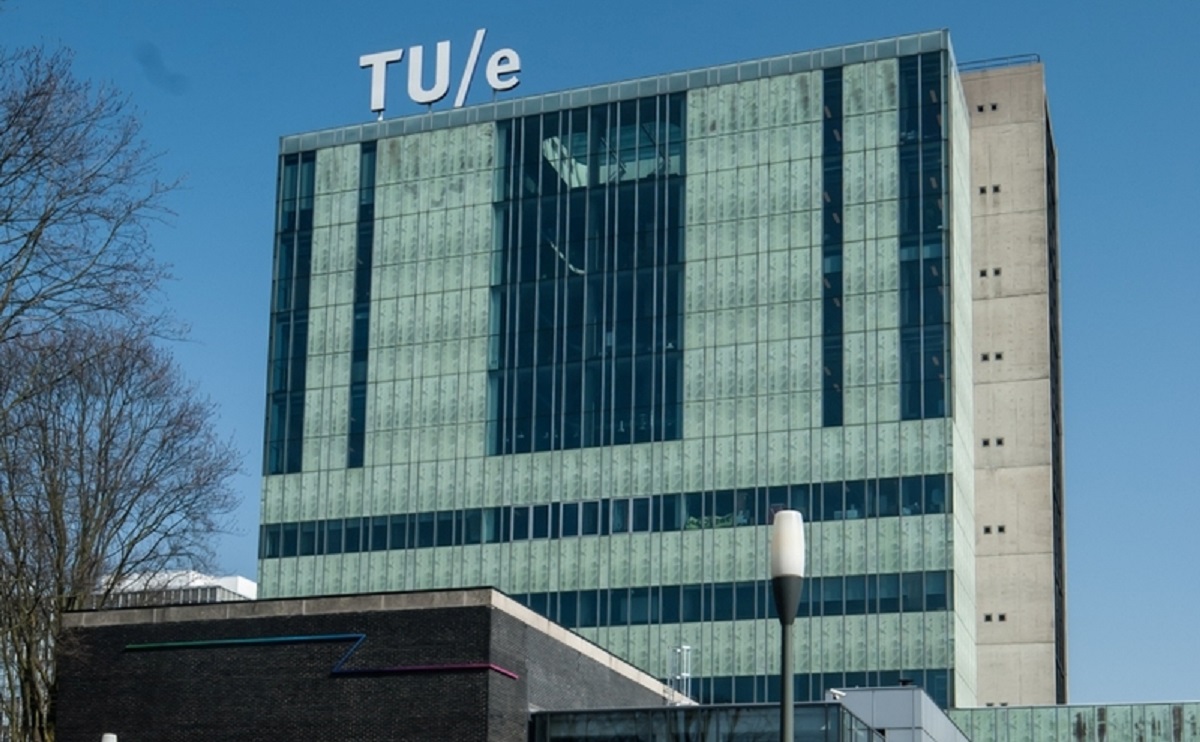NOS and other Dutch media reported Monday, Dutch universities face a strong increase in the number of students enrolling for courses in Artificial Intelligence for the new academic year, starting September 2018.
Steep increase in number of students
Some universities have seen the number of students double for the upcoming academic year. Related studies, including data science and business analytics, are also seeing considerable increases in new students.
Dutch universities announced Monday, they are unable to cope with the enormous increase. They will set limits to the number of student-registrations (numerus fixus), as well as tighten selection criteria.
Capacity problems are a main headache, while policymakers and scientists are extremely concerned about the EU lagging behind compared to the US and China. In the US, tech giants invest tens of billions of dollars in AI (Artificial Intelligence). European AI talent is being lured with attractive research programs. China even intends to be an AI world leader by 2030.
Growing job market for AI graduates
The growing interest in AI among young people, is linked to excellent job prospects for graduated AI specialists. The financial sector, the manufacturing industry and start-ups are all clamoring for young talent able to help facilitate the ‘new industrial revolution’.
By releasing advanced algorithms (calculation instructions) on large amounts of data, design and production processes can be dramatically improved.
In addition to business communities, governments and healthcare are regarded as prospective employers. These will develop large demands for AI talents in the foreseeable future.
“For example, when it comes to energy rotation, it is important to gain a good understanding of usage patterns in order to determine where and how best to store energy,” says VU professor Frank van Harmelen. “More and more data is also available in the care sector, for example genetic profiles. But there is still a world to be gained from good analyses of that data, in order to force breakthroughs in medicine.”
Increase in student numbers for related studies
Studies in AI are currently offered by six Dutch universities. AI courses are also offered as part of studies like business analytics, data science, computer science and applied mathematics. All these subjects see a sharp increase in the number of student registering for them.
Take Delft University of Technology; which expects 850 first-year students for its Bachelor programs in Computer Science, starting September 2018. At the start of the current academic year, in September 2017, there were only 440. In 2016, there were a mere 281 students.
“We are considering measures for the coming years to control growth,” says Karen Collet of the Delft University of Technology.
More teachers needed
The number of available teachers is another problem. Computer Science director Jeroen Fokker of Utrecht University: “We intend to select. In the first year you can use an even larger lecture hall. However, further into the study, individual supervision will be increasingly needed. The number of teachers is not growing fast enough to keep pace with the number of students.”
For this reason, AI at the University of Amsterdam has increased the size of work-groups from 15 students to 30 or 40 participants in its Master program. This simply in order to be able to continue teaching and providing for all registered AI students.
“Since 2012, the number of students has tripled, while the number of staff has not increased,” explains van Harmelen.
TU Eindhoven has set a limit of 150 students for the study of data science. It also implemented a numerus fixus for its Bachelor of Computer Science. The University of Amsterdam will implement a maximum number of admissions for its Bachelor of Artificial Intelligence starting this academic year.
The joint Master’s program of the University of Amsterdam and VU Amsterdam, has attracted 700 students. “We can take about 180 new students,” says Professor Maarten de Rijke van de UvA. “However, when there is such a demand by students with this background and at the same time, so many wanting to study this subject, we have to anticipate. We have offered 250 students a place, but we actually hope they will not all show up in September. Perhaps some will opt to study something different, or will be unable to find the financial means.”
Research versus education
A tricky point for universities: how much money and means to sacrifice on research in order to meet the increasing demand for education?
Barend Pilgrim of the TU Eindhoven: “In recent years, there has already been too much of a shift in attention, time, people and resources towards education. This put research under pressure. At the current rate of growth, our university cannot keep up the quality of teaching and research that we stand for.”
According to the Dutch universities, a strong link between education and research is crucial for AI, because science is developing rapidly. “Someone who graduated seven years ago and does not keep up with new inventions and research, cannot be put in front of a lecture hall now,” says van Harmelen of the VU.
According to the Amsterdam professor, attracting talent for universities is not just a question of money. “It is mainly a question of the scientific climate. Is there sufficient data to work with? Do computers have sufficient computing power? These are questions scientists ask themselves, when deciding where to work.”
The lure of tech giants
Van Harmelen also calls the lure of companies, many of which are American, “extremely worrying”. He is referring to tech giants and start-ups which target scientific talent and seduce them to opt for jobs and studies in America.
Tech giants offer large amounts of data and very powerful computers to work with.
The brain-drain to the US is also a major concern for politicians in The Hague and Brussels. The European Commission is hoping to allocate EUR 20 billion towards AI. It also recently set up an expert group to strengthen Artificial Intelligence in the EU.
Source: NOS
Translator: Kate











